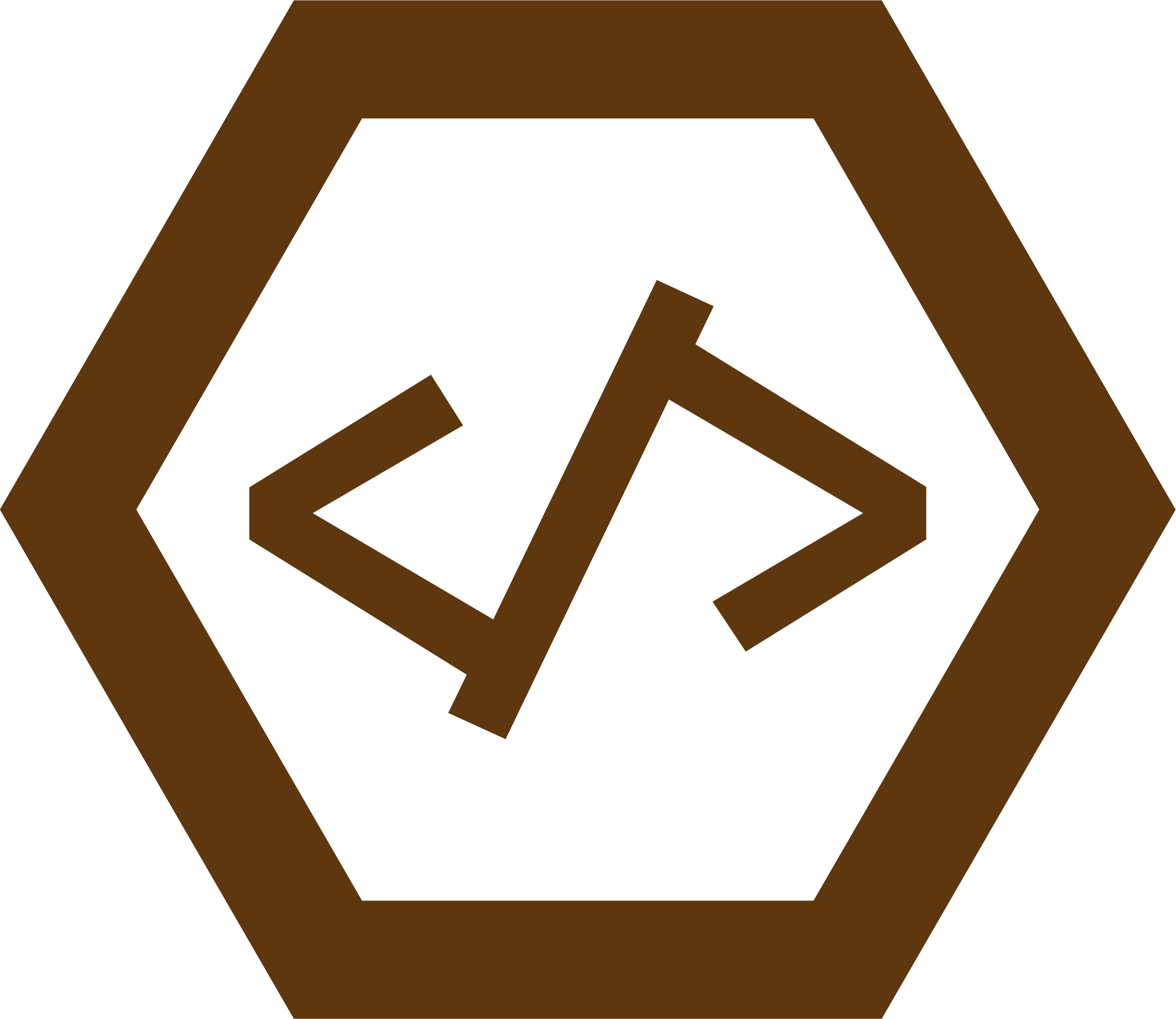The main problem with list arguments is that they can be difficult to read and understand.
def list_arguments(func):
"""Returns the names of the arguments of a function."""
return func.__code__.co_varnames[:func.__code__.co_argcount]
This is a function definition. The function takes one argument, “func”, and returns a list of the names of the arguments of that function.
What is a function
?
A function in Python is a block of code that performs a specific task. Functions can be written in any programming language, but they are particularly common in Python. Functions are often used to make programs more organized and easier to read.
Arguments in fuctions
There are a few different types of arguments that can be used in functions in Python. The first type is the positional argument, which is simply a list of values that are passed to the function as individual arguments. The second type of argument is the keyword argument, which is a value that is passed to the function as an unevaluated string. Finally, there is the keyword-only argument, which is a value that is passed to the function as an unevaluated string, but also requires a keyword to be specified as its value.
Parts of a function
In Python, a function is a block of code that performs a specific task. Functions can take one or more arguments, and they return one or more values.
The following are some of the most common parts of a function in Python:
name : This is the name of the function.
: This is the name of the function. args : This is a list of arguments that the function will take.
: This is a list of arguments that the function will take. return_type : This tells Python what type of value the function will return. In most cases, this will be a string or an integer.
: This tells Python what type of value the function will return. In most cases, this will be a string or an integer. def_statement : This is where you define the parameters and body of your function.
